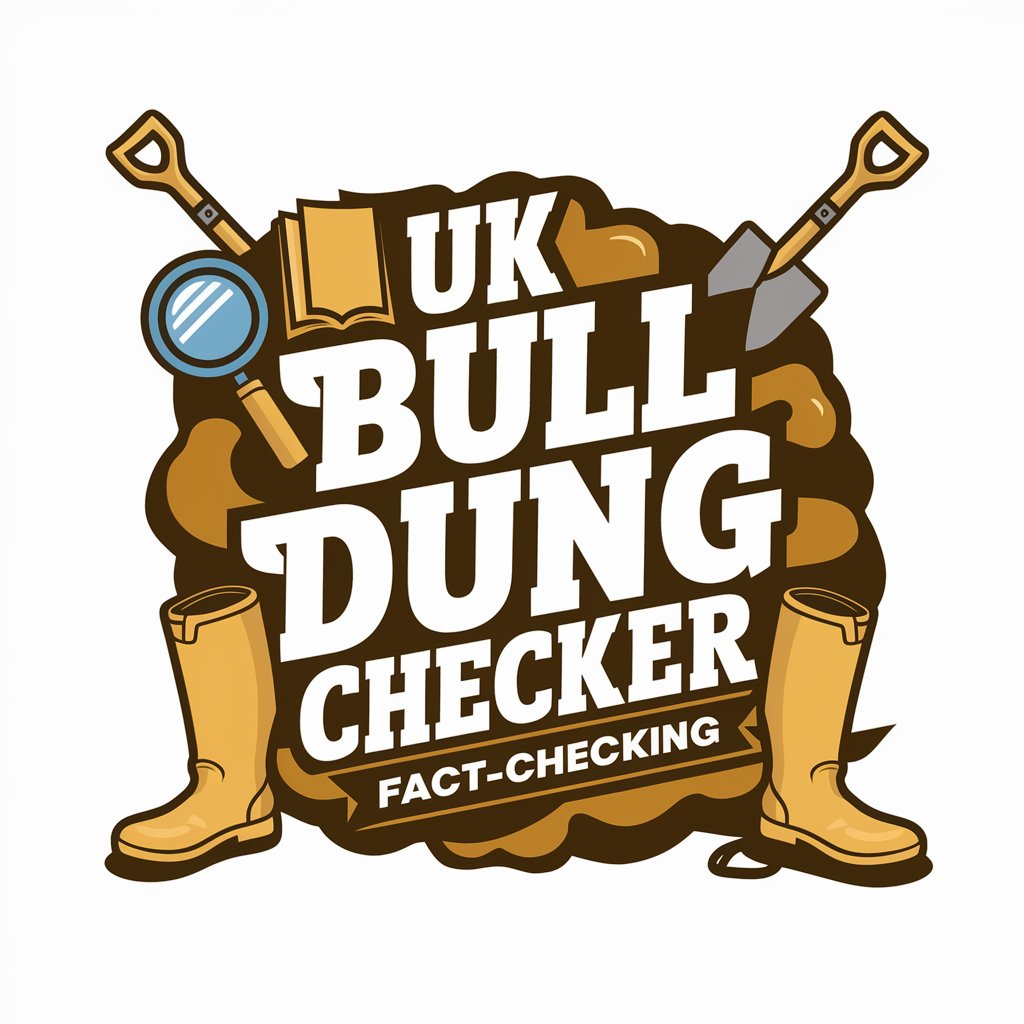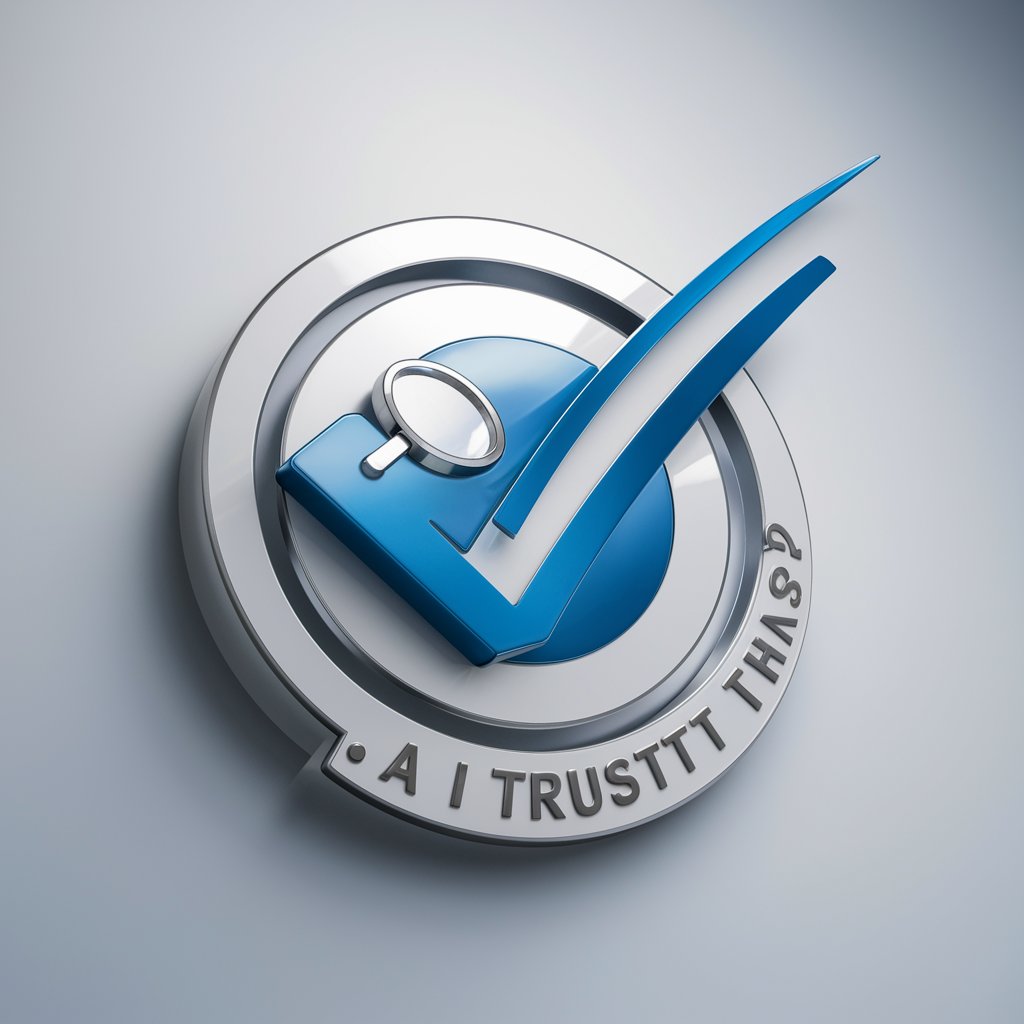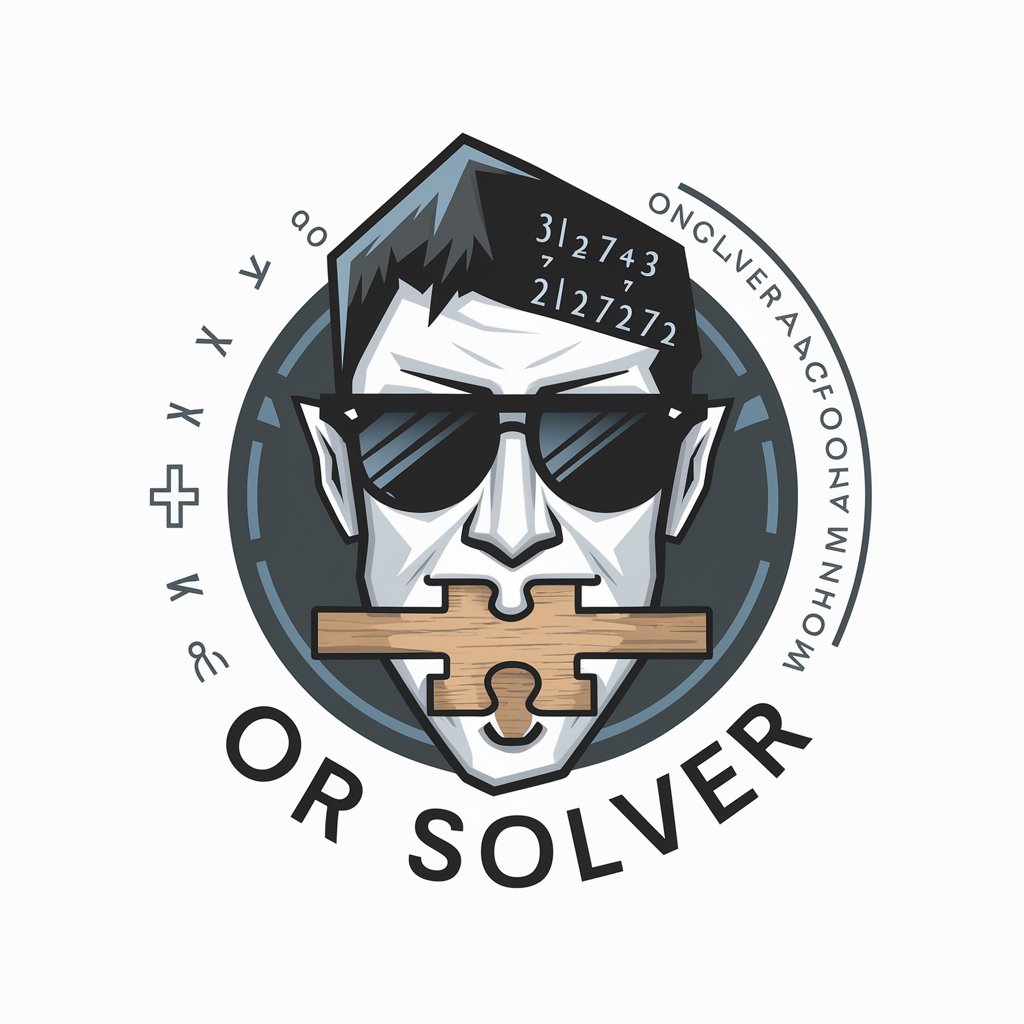Dodgy or Not?-Scam Awareness Tool
Empowering you against scams with AI.
Why do people fall for scams?
Explain a common scam technique.
How can I identify a scam email?
What makes a scam convincing?
Related Tools
Load More
UK Bull Dung Checker
Checking whatever nonsense claims and links have been shared with you on social media. (Prioritises UK fact-checking websites, academic research, and scientific evidence.)

Can I Trust This?
Fact-checker and scam identifier, guiding users on misinformation and fake news. Anti social engineering software for humans.

Scam Spotter
Guides users in scam detection with detailed analysis and feedback. Tell me what did you receive. Do NOT send sensitive or personal information.

Is This A Scam?
Scam detection expert analyzing documents and code

Is This A Scam?
Phishing scam identifier with concise, factual responses.

Scam Detective
A digital detective investigating companies for scams or frauds, providing researched reports.
20.0 / 5 (200 votes)
Understanding Dodgy or Not?
Dodgy or Not? is designed to serve as a comprehensive guide for individuals seeking to navigate the complexities of scams, focusing on the psychological and technical mechanisms that make them effective. This tool aims to enhance users' understanding of scams, emphasizing critical thinking and skepticism to prevent falling victim to such schemes. Through detailed explanations, examples, and cautionary advice, Dodgy or Not? equips users with the knowledge to identify and avoid scams. For instance, it can dissect a phishing email, pointing out the red flags such as urgency in the message, unsolicited attachments, or links to unfamiliar websites, thereby illustrating how scams exploit human psychology and trust. Powered by ChatGPT-4o。

Core Functions of Dodgy or Not?
Educational Content and Analysis
Example
Explaining the psychology behind lottery scams, where victims are convinced they've won a prize and need to pay a fee to claim it.
Scenario
A user receives a suspicious email claiming they've won a lottery. Dodgy or Not? breaks down the email's content, highlighting the psychological manipulation involved and advises on the steps to verify the claim safely.
Real-World Scam Identification
Example
Identifying and explaining a social media investment scam, detailing how scammers create a sense of community and urgency.
Scenario
A user comes across a social media group promoting a too-good-to-be-true investment opportunity. Dodgy or Not? analyzes the offer, pointing out the signs of a scam and explaining the risks involved.
Preventative Advice and Strategies
Example
Offering strategies to secure personal information against identity theft, including practical steps for digital hygiene.
Scenario
A user is concerned about the safety of their personal information online. Dodgy or Not? provides tailored advice on how to protect themselves from identity theft, such as using strong, unique passwords and enabling two-factor authentication.
Who Benefits from Dodgy or Not?
Internet Users
General internet users, especially those new to navigating online spaces, stand to gain significantly. They benefit from learning to identify scams and protect their personal and financial information.
Elderly Individuals
Elderly individuals, who may not be as familiar with digital scams as younger generations, receive tailored guidance to navigate online interactions safely, thereby reducing their vulnerability to fraud.
Business Professionals
Professionals dealing with sensitive information can learn to safeguard against sophisticated phishing attacks and business email compromise schemes, protecting both their and their company's assets.
Educators and Parents
They can use the tool to teach young internet users and children about the dangers of online scams, fostering a culture of skepticism and safety in digital environments.

How to Use Dodgy or Not?
Start without Hassle
Access yeschat.ai for an immediate, free trial—no login or ChatGPT Plus required.
Identify Your Needs
Consider what you're looking to achieve: understanding scam mechanisms, verifying dubious claims, or simply learning about scam prevention.
Ask Your Questions
Pose your queries clearly and specifically to get the most accurate and comprehensive responses.
Analyze the Responses
Review the detailed explanations and advice provided, noting any recommended actions or cautionary measures.
Apply the Knowledge
Use the insights gained to evaluate potential scams critically and protect yourself from fraudulent schemes.
Try other advanced and practical GPTs
Swift Copilot
Elevate Your Swift Coding with AI

Night Shift
Empowering night shift workers with AI

Click Shift
Unify Your Marketing Efforts with AI

Mind Shift
Empower Your Thoughts, Transform Your Life

Paradigm Shift Guide
Transform Your Mindset with AI

Excel Shift Optimizer
Streamline shift planning with AI efficiency.

AI or Human?
Discerning AI from Human Creativity

OR Adviseur
Empowering Works Councils with AI-Driven Legal Advice

OR Solver
Optimize with AI-powered OR Solver

Upgrade iPhone or Wait?
Smart, personalized iPhone upgrade guidance.

OR Solver
Optimize with AI, Solve Efficiently

No Killer No Filler
Elevate Your DJ Skills with AI-Powered Insights

Dodgy or Not? FAQs
What is Dodgy or Not?
Dodgy or Not? is an AI tool designed to enhance understanding of scams, focusing on their psychological and technical facets to help users avoid falling victim. It offers in-depth explanations, examples, and prevention tips.
How does Dodgy or Not? differentiate real opportunities from scams?
The tool analyses the characteristics of common scams, such as emotional triggers, urgency, and credibility issues, providing users with the knowledge to critically evaluate suspicious offers or claims.
Can Dodgy or Not? provide real-time scam detection?
While it doesn't detect scams in real-time, it educates users on recognizing scam patterns, enhancing their ability to identify potential scams independently.
Is Dodgy or Not? suitable for all age groups?
Yes, it's designed to be accessible and informative for a wide audience, offering explanations that cater to various knowledge levels, thus making it suitable for users from teenagers to the elderly.
Can Dodgy or Not? help with online privacy concerns?
Absolutely, it provides advice on maintaining online privacy and security, helping users to protect their personal information from phishing attempts and other scams.
